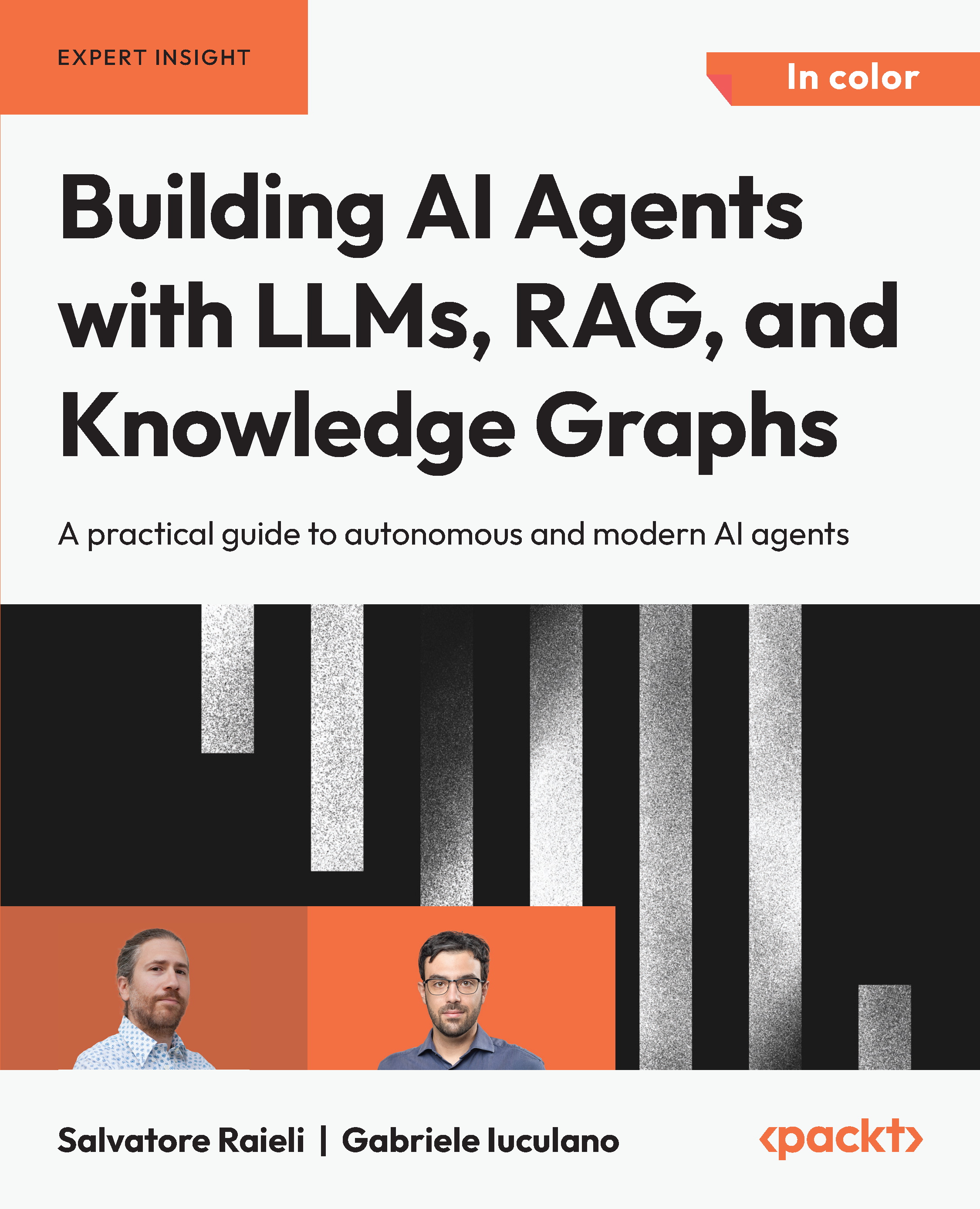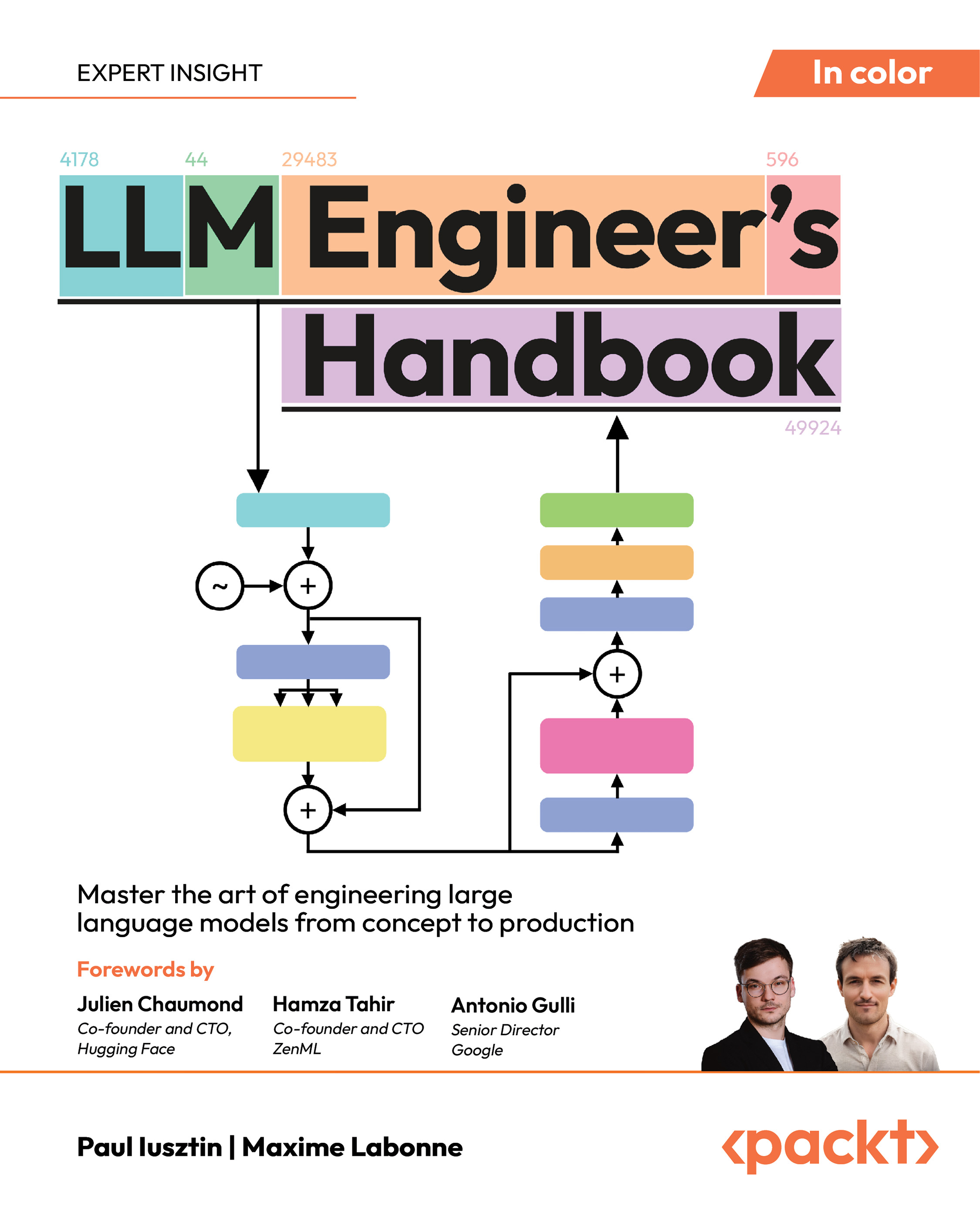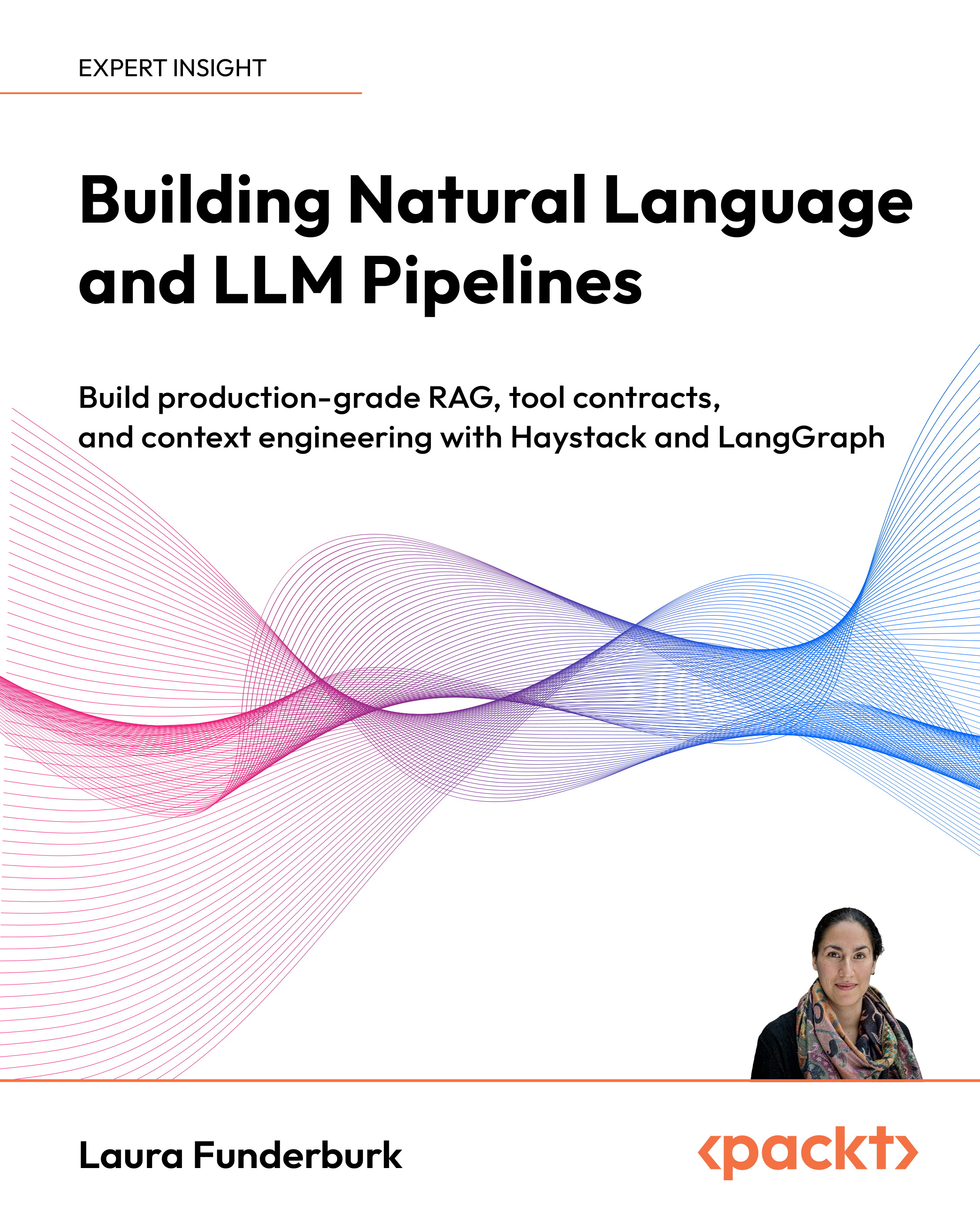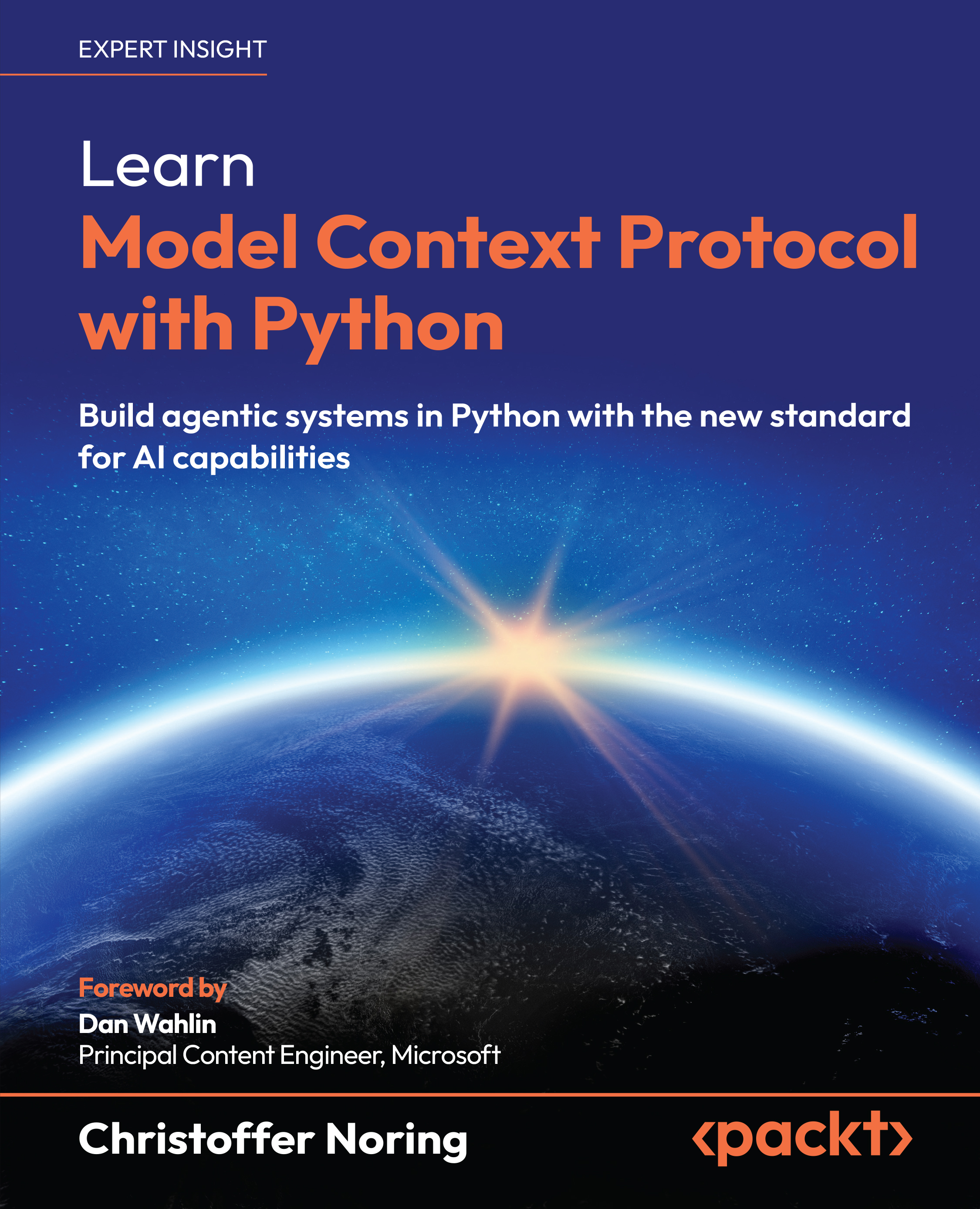The library’s development was driven by an extensive survey of 55 papers published between 2020 and 2024, covering areas such as graph neural networks, contrastive learning, and reinforcement learning. This meta-analysis identified inconsistencies in how datasets are referenced, filtered, and split—issues that DataRec explicitly seeks to correct.
Dataset referencing, for example, was found to be unreliable: only 35% of papers referenced original sources; others linked to modified versions or broken links. DataRec counters this with built-in dataset access and public checksums. It supports transformation of raw data using filtering methods that mirror common practice, and provides traceable exports to major frameworks.
In contrast to monolithic recommendation frameworks, which are often non-interoperable, DataRec is modular and library-focused. This enables it to act as a shared layer for dataset handling, without duplicating model training or evaluation logic. The architecture is centred on a primary DataRec class backed by modules for I/O, processing, and splitting. Version control, detailed logging, and exportable configurations ensure that results can be reliably reproduced across different environments and research groups.
You can learn more by reading the entire paper or accessing the library on GitHub.
 United States
United States
 Great Britain
Great Britain
 India
India
 Germany
Germany
 France
France
 Canada
Canada
 Russia
Russia
 Spain
Spain
 Brazil
Brazil
 Australia
Australia
 Singapore
Singapore
 Canary Islands
Canary Islands
 Hungary
Hungary
 Ukraine
Ukraine
 Luxembourg
Luxembourg
 Estonia
Estonia
 Lithuania
Lithuania
 South Korea
South Korea
 Turkey
Turkey
 Switzerland
Switzerland
 Colombia
Colombia
 Taiwan
Taiwan
 Chile
Chile
 Norway
Norway
 Ecuador
Ecuador
 Indonesia
Indonesia
 New Zealand
New Zealand
 Cyprus
Cyprus
 Denmark
Denmark
 Finland
Finland
 Poland
Poland
 Malta
Malta
 Czechia
Czechia
 Austria
Austria
 Sweden
Sweden
 Italy
Italy
 Egypt
Egypt
 Belgium
Belgium
 Portugal
Portugal
 Slovenia
Slovenia
 Ireland
Ireland
 Romania
Romania
 Greece
Greece
 Argentina
Argentina
 Netherlands
Netherlands
 Bulgaria
Bulgaria
 Latvia
Latvia
 South Africa
South Africa
 Malaysia
Malaysia
 Japan
Japan
 Slovakia
Slovakia
 Philippines
Philippines
 Mexico
Mexico
 Thailand
Thailand













